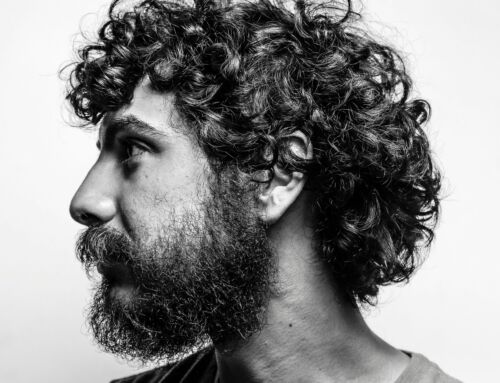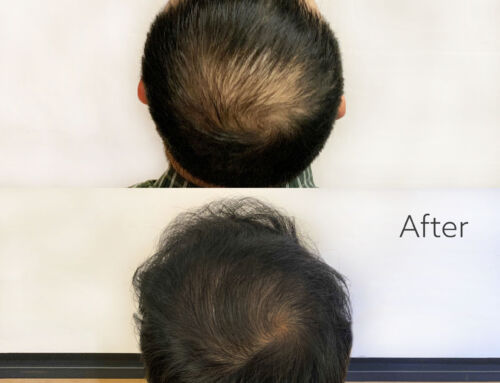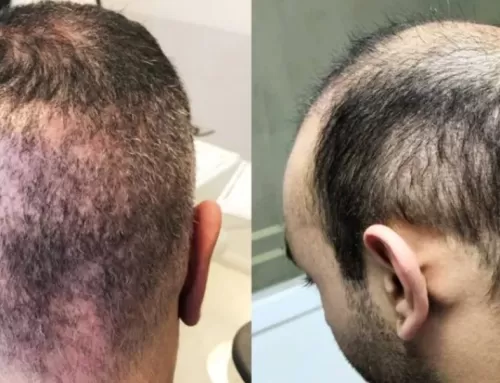Many people believe that the adverse health effects of smoking are limited to the lungs, the heart, and the mouth. In reality, however, smoking affects nearly every part of the body, from the brain to the extremities. And as hazardous as smoking can be to someone who is in basically good health, its risks are heightened in those who have just undergone a medical procedure, including hair transplantation surgery.
As we tell every patient who enters the doors of the New England Center for Hair Restoration in Boston, hair transplants and smoking DO NOT MIX. For hair loss treatments to be successful, patients must avoid unhealthy habits such as smoking and do whatever they can to optimize their health, including the maintenance of a healthy diet and exercise routine. Good overall health is essential to healing after any surgery, and hair transplantation is no exception.
The Connection between Smoking and Hair Loss
Several studies have been conducted to determine whether there is a connection between smoking and hair loss. The results of a 2007 Taiwanese study supported a theory that heavy smoking (20 or more cigarettes a day) played a significant role “in the development of moderate or severe” hair loss in men of advanced age. A 2011 study led by Dr. Bahman Buyuron of the department of plastic surgery at Case Western Reserve School of Medicine found that hair loss was more likely among both women and men who smoked.
One of the possible reasons for this is the effect of smoking on blood circulation. The chemicals in cigarette smoke impair circulation to various parts of the body, including the hair follicles, and this can lead to hair loss.
The Effects of Smoking on Hair Transplants
If smoking can cause the loss of once-healthy adult hair, then one can only imagine the effect that it can have on highly vulnerable, newly transplanted hair. The proper circulation of blood to these transplanted follicles is absolutely essential to their survival. Smoking can cause some of these follicles to wither and die before they had a fair shot to thrive in their new locations.
In general, smoking should be avoided after any surgery, no matter how invasive. Anything that inhibits blood flow will slow down the healing process as a result, which is why surgeons are adamant in instructing those who undergo surgery to quit smoking during the post-surgical healing phase – and preferably thereafter.
Remember that hair transplantation represents a substantial investment of both money and time. You have a limited number of hairs that can be transplanted, and you will want to make sure that you do whatever you can to promote the success of your hair transplantation surgery. If you are a smoker, please plan to quit smoking in the weeks leading up to your hair transplantation and not to resume for at least the period specified by your surgeon. To ensure the long-term success of your hair transplants, you should seriously consider quitting altogether.
Learn More about Hair Transplant Surgery and Smoking
To learn more about the success of hair transplant surgery and the effects of smoking, please contact our hair restoration clinic today.






